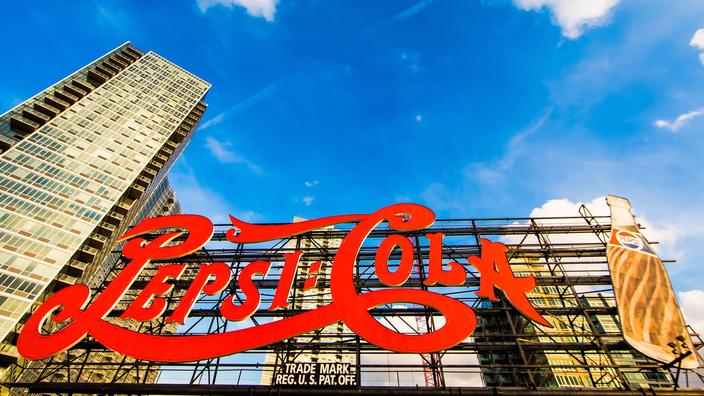The European Union is threatening to take stricter measures against the export of corona vaccines that are made on European soil. It is intended to keep AstraZeneca’s vaccines in Europe. Now, according to the EU, too many vaccines are going to the British.
–
–
Directly involved
The Netherlands is directly involved in this quarrel. The AstraZeneca vaccines are made at the Halix company in Leiden, among others. Halix has reportedly produced millions of doses. Although that is not officially confirmed.
–
–
If the European Commission asks, Prime Minister Rutte will block the export of vaccines made at Halix. But we are not there yet. And the European Union is not yet enacting a real export ban. But there will be stricter requirements for exports, especially to Great Britain.
–
–
AstraZeneca headache file
The problem is primarily with AstraZeneca. The British-Swedish pharmaceutical company delivers far fewer vaccines to the European Union than promised. Of the 120 million doses ordered, only 30 million were delivered this first quarter.
The EU is shocked that AstraZeneca has now exported 10 million doses to Great Britain. While nothing has gone to the EU from the two large British vaccine factories.
–
–
Something like that should no longer happen, if it is up to the European Commission. Two conditions should be set when it comes to vaccine exports.
Give a little, take a little
The first condition is reciprocity (‘what goes for what’). Deliveries can only be made if another country also delivers. In addition to vaccines, this may also include raw materials or equipment for the production of vaccines.
The second condition is necessity: does the country they are going to need the vaccines more than the EU? Then, in particular, it will be examined how far a country is with the vaccination program.
–
–
A not entirely coincidental example: Great Britain administered 44 vaccines per hundred inhabitants, the EU 13. The British do not need the vaccine more than the Europeans, on the contrary.
The British are already seeing the storm
The British do not meet these two conditions and are already seeing the storm. Prime Minister Boris Johnson last week made phone calls to European leaders: German Chancellor Merkel, French President Macron and Prime Minister Rutte. Johnson did this in the run-up to the European summit, to be held Thursday and Friday.
But the soup may not end up being eaten that hot. Tonight, the UK government and the European Commission issued a joint statement that they intend to resolve it together. Whether that will really work should become clear in the coming days.
–
–


